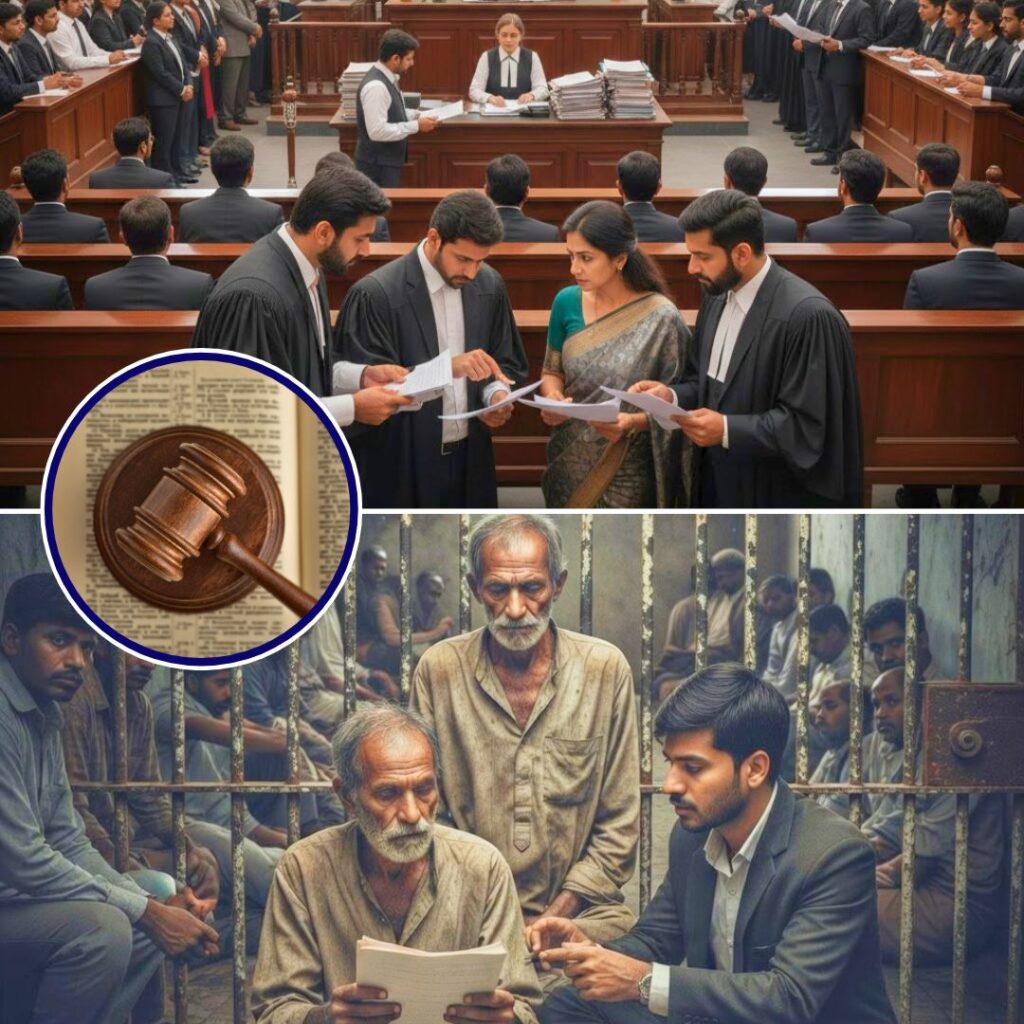Tamil Nadu Chief Minister M.K. Stalin launched a landmark State Policy for Transgender Persons in late July 2025. This comprehensive policy sets out a five-year roadmap to ensure dignity, equality, and non-discriminatory access to key services such as identity, education, employment, healthcare, housing, and public services for transgender and intersex individuals.
Recognising them as socially and educationally most disadvantaged, the policy pledges preferential treatment in housing and promises amendments to laws like the Hindu Succession Act to protect inheritance rights. It also affirms the right to self-identify gender without medical certification and establishes a 24/7 helpline to assist with gender-related issues.
Key Features and Official Responses
The policy provides a broad range of welfare measures and legal protections for transgender persons. It prioritises the inclusion of transgender individuals in state housing schemes and seeks to amend the Hindu Succession Act and Juvenile Justice Act to secure inheritance and guardianship rights.
The government will also implement training programmes aimed at sensitising healthcare providers, ensuring better access and quality of medical care. Medical and surgical support will be made available through government hospitals as well as partnering private hospitals. Furthermore, clear standard operating procedures will guide gender assignment at birth for infants born with ambiguous genitalia. A round-the-clock helpline will provide essential support for gender-related queries and grievances.
At the launch event, CM M.K. Stalin highlighted Tamil Nadu’s pioneering history in transgender welfare, mentioning previous initiatives such as special identity cards and the introduction of a third gender option on college admission forms. Priya Babu, founder of the Transgender Resource Centre, welcomed the policy as a breakthrough but criticised the absence of explicit reservation provisions, emphasising the ongoing struggle for adequate representation in education and employment sectors.
Contextual Background and Social Significance
Tamil Nadu has long been a national leader in advancing transgender rights. Since 2008, the state has maintained a dedicated Transgender Welfare Board and implemented numerous targeted welfare programmes, including pensions, subsidies for self-employment, healthcare assistance, and simplified identity registration processes. The 2025 budget expanded these initiatives with funding for education stipends, pensions, and efforts to include transgender persons in public services such as home guard roles.
Despite this progressive track record, the policy’s omission of explicit reservation rights has stirred debate within the transgender community. Many activists argue that affirmative quotas are critical for meaningful empowerment and breaking systemic barriers. The policy reflects the state’s deep connection to the Dravidian social justice tradition, which balances symbolic recognition with practical welfare measures. Critics, however, caution that without stronger affirmative actions, longstanding inequalities may persist.
The Logical Indian’s Perspective
The Tamil Nadu State Policy for Transgender Persons is an important step towards recognising transgender and intersex persons’ rights, rooted in dignity, empathy, and equality. It signals government commitment to addressing marginalisation through legal recognition, social support, and healthcare access.
Yet, the lack of explicit reservation clauses illustrates the continuing challenge of translating policy into substantive empowerment. Genuine progress requires more than non-discriminatory access; it demands affirmative action to level the playing field. To build an inclusive society, ongoing collaboration and dialogue between government, civil society, and transgender communities must shape responsive and effective policies.
The Logical Indian invites readers to consider how policymakers and society can better combine legal protections, affirmative measures, and sensitisation efforts to ensure full equality and dignity for transgender persons.
சமூக நலன் மற்றும் மகளிர் உரிமைத் துறையின் சார்பில் வடிவமைக்கப்பட்ட "தமிழ்நாடு மாநில திருநங்கையர் கொள்கை-2025"-யினை மாண்புமிகு முதலமைச்சர் @mkstalin அவர்கள் வெளியிட்டார். pic.twitter.com/gwsO1afQxv
— CMOTamilNadu (@CMOTamilnadu) July 31, 2025













